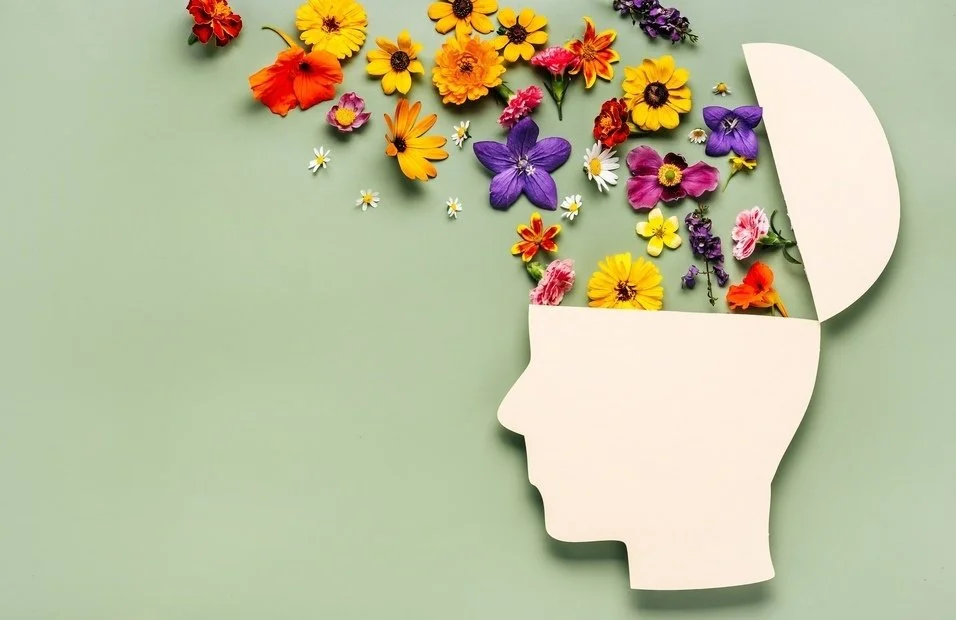Social Anxiety and COVID-19
Have you felt a bit anxious being around people after spending so much time alone during COVID-19 lockdowns? Being around others or even considering it can lead to feelings of worry and unease. Many others are feeling these same things. It can feel exhausting to spend time with other people when you have been mostly alone for months on end. Social anxiety and COVID-19 are both difficult to handle–read on for ways you can mitigate social anxiety after lockdown.
Take it slow
Start safely socializing first with your inner circle, with those closest to you. As you grow more comfortable, expand this circle and begin to include more and more people. Try talking to a different person via phone or video every day—being virtually social may be easier at first. Organize a call for a group of friends or club that used to meet. When weather permits, try a socially distanced walk in the park with a friend. Being in large groups of people and meeting lots of new people may increase feelings of anxiety, so start small and safe and take your time. Additionally, allow space for social interactions to feel new and different.
Acknowledge anxiety and fear
The word “unprecedented” became a buzzword this year for a reason. We’ve never experienced a global pandemic in our modern time. Health advice shifts often and with new research we change course when dealing with the pandemic. There is no playbook for what comes next, or what is the right thing to do in every situation. We look forward to being social, while at the same time feeling hesitant or worried. Fear is mixed with hope, and due to fear, we may have trouble being present when we do actually socialize. Practice mindfulness and centering exercises when you feel panic starting to increase. You can also share your worries or concern with loved ones—chances are, someone closest to you will relate to how you’re feeling.
Make a plan
In order to reduce feelings of social anxiety, plan an activity to do with friends. Social anxiety can involve not knowing what to say or feeling awkward during silences. Instead of focusing on the conversation around a bonfire, do something active like mini-golfing, drive-in movies, golfing, hiking, or kayaking.
When dealing with social anxiety, you can also plan out your reactions and interactions. You may be able to anticipate questions friends and family may have, and figuring out how you want to respond ahead of time can lessen anxiety. Additionally, think about how you’d like to greet others—sans hugs and handshakes. Making a plan can increase feelings of control and decrease feelings of worry.
Practice self-care
Practicing self-care can help you cope with anxiety symptoms or even lessen them in the first place. Self-care can include prioritizing your physical health, practicing self-reflection through journaling or meditation, setting boundaries, and getting enough sleep,
COVID-19 self-care includes wearing a mask, social distancing, and washing your hands frequently. Good hygiene can reduce your anxiety and increase your peace of mind. In good news, face masks are helping alleviate social anxiety for some individuals. You can also limit your consumption of COVID-19 news and media. Stay informed, but know that being constantly exposed to a negative news cycle can trigger the fight or flight response in your body. Reduce how much you discuss COVID-19 while socializing as well.
Therapy
If you are experiencing social anxiety during the COVID-19 pandemic, therapy may be helpful for you. It’s normal to feel anxious after being apart from others for months at a time. But if you feel like social anxiety is interfering with your life, know that you are not alone—and treatment is available. Please reach out to us. Our team of therapists is here to provide support and guidance. We look forward to connecting with you!






